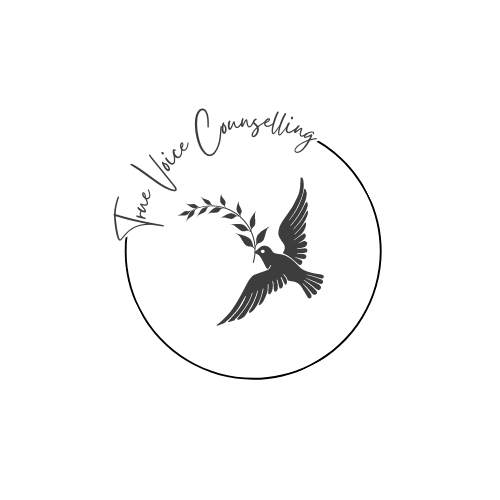Ways to Feel Connected in a New Country
Moving to a new country can be exciting — but it often comes with unexpected challenges around connection. You may feel distanced from yourself, from those around you, or even from loved ones back home. Cultural differences, unfamiliar environments, and language barriers can create a sense of isolation or disorientation. You might find yourself caught between adapting to your new surroundings and longing for the comfort of home.
Staying close to family and friends can be difficult when time zones, routines, and social norms shift. This mix of life changes and disconnection can leave you feeling uncertain about where you belong. Rebuilding a sense of connection — with yourself and others — is a vital part of navigating this transition and finding your place in a new chapter of life.
Here are some ways to support your mental health and build meaningful connections while living abroad:
Join Local Community Groups
Engaging with local clubs, classes, or interest groups — such as sports teams, book clubs, or creative workshops — can help you meet people and foster a sense of belonging. These relationships can ease loneliness and boost confidence over time.Pursue Hobbies You Love
While friendships take time to grow, investing in activities that bring you joy can help you feel grounded and connected to yourself. Whether cooking, writing, playing music, or enjoying a favorite pastime, meaningful activities offer comfort on solitary days.Attend Cultural Events and Festivals
Participating in local celebrations is a vibrant way to learn about your new environment, meet others, and strengthen your sense of connection to your community.Stay Connected with Loved Ones Back Home
Regular contact with family and friends can offer emotional support and help you feel anchored. Exploring ways to contribute — such as volunteering or community projects — can also enhance your sense of purpose.Learn the Local Language
Even basic language skills can make daily life easier and open doors to new friendships. Classes, conversation groups, or language exchange can build confidence and deepen connections.Join Support Groups
Whether with fellow expatriates or people who share your cultural background, support groups provide a space to share experiences, seek advice, and feel understood.Connect with Spiritual or Religious Communities
If meaningful for you, local places of worship or spiritual groups can offer support, community, and a sense of continuity during times of transition.Use Online Communities and Social Media
Online forums and social platforms for expatriates or locals can help you find information, connect with others, and feel part of a wider community — both virtually and in person.Start Small Conversations
Everyday interactions with neighbors, shopkeepers, or others in your community can foster informal connections and help you feel more at home in your neighborhood.Get Involved with Your Local Library
Libraries often host events, classes, and community activities — offering a welcoming space for learning, creativity, and connection.Spend Time in Nature
Parks, markets, and outdoor spaces offer a chance to relax, reflect, and connect with others informally. Nature also supports mental well-being and can help you feel more grounded.Reconnect with Your Roots
Engaging in cultural traditions, cooking familiar foods, or maintaining practices from your home culture can reinforce your sense of identity and offer comfort.Consider Therapy
Feeling disconnected or misunderstood is common during big life transitions. Working with a therapist — especially one familiar with cross-cultural experiences — can offer understanding, support, and a space to reflect on what matters most to you.Read Stories That Speak to You
Books, poetry, and stories that reflect your experiences can offer validation and hope. They remind us we’re not alone — and can open new ways of seeing ourselves and the world.
One poem I often return to when I need a reminder of belonging comes from Mary Oliver’s Wild Geese — a beautiful reflection on connection, nature, and finding your place in the world:
You do not have to be good.
You do not have to walk on your knees
for a hundred miles through the desert, repenting.
You only have to let the soft animal of your body
love what it loves.
Tell me about despair, yours, and I will tell you mine.
Meanwhile the world goes on.
Meanwhile the sun and the clear pebbles of the rain
are moving across the landscapes,
over the prairies and the deep trees,
the mountains and the rivers.
Meanwhile the wild geese, high in the clean blue air,
are heading home again.
Whoever you are, no matter how lonely,
the world offers itself to your imagination,
calls to you like the wild geese, harsh and exciting —
over and over announcing your place
in the family of things.
